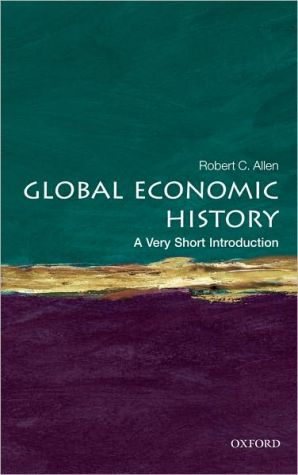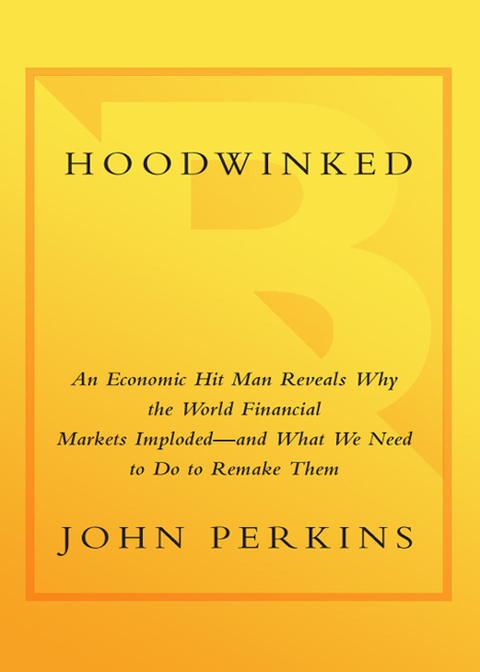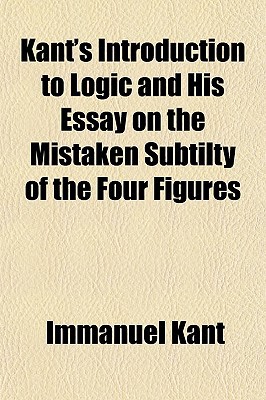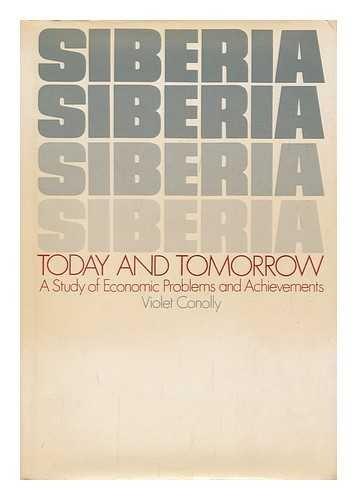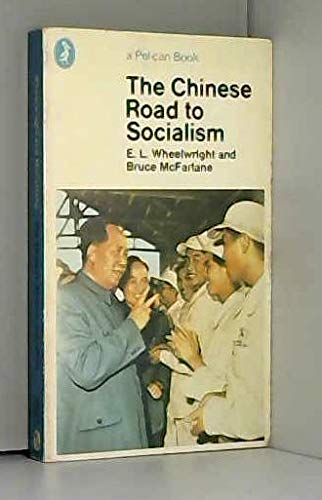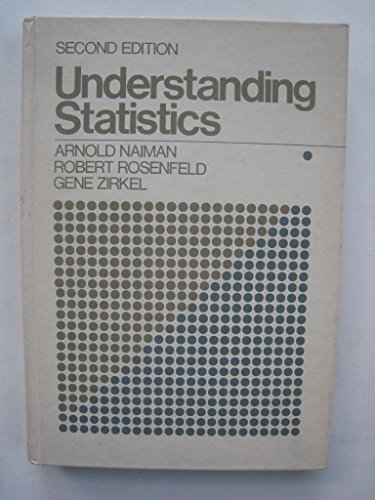Global Economic History: A Very Short Introduction
Allen, Robert C.
Why Are Some Countries Rich And Others Poor? In 1500, Global Income Differences Were Small, But Disparities Have Grown Dramatically Since Columbus Reached America. In This Very Short Introduction, Robert C. Allen Shows How The Interplay Of Geography, Globalization, Technological Change, And Economic Policy Has Determined The Wealth And Poverty Of Nations. Allen Shows How The Industrial Revolution Was Britain's Path-breaking Response To The Challenge Of Globalization. Western Europe And North America Joined Britain To Form A Club Of Rich Nations, Pursuing Four Policies--creating A National Market By Abolishing Internal Tariffs And Investing In Transportation, Erecting An External Tariff To Protect Their Fledgling Industries From British Competition, Creating Banks To Stabilize The Currency And Mobilize Domestic Savings For Investment, And Promoting Mass Education To Prepare People For Industrial Work. Together These Countries Pioneered New Technologies That Have Made Them Ever Richer. A Few Countries--japan, Soviet Russia, South Korea, Taiwan, And Perhaps China--have Caught Up With The West Through Creative Responses To The Technological Challenge And With Big Push Industrialization That Has Achieved Rapid Growth Through Coordinated Investment. -- Book Description. The Great Divergence -- The Rise Of The West -- The Industrial Revolution -- The Ascent Of The Rich -- The Great Empires -- The Americas -- Africa -- The Standard Model And Late Industrialization -- Big Push Industrialization. Robert C. Allen. Includes Bibliographical References (pages 154-162) And Index.
| Name in long format: | Global Economic History: A Very Short Introduction |
|---|---|
| ISBN-10: | 0199596654 |
| ISBN-13: | 9780199596652 |
| Book pages: | 170 |
| Book language: | en |
| Edition: | Illustrated |
| Binding: | Paperback |
| Publisher: | Oxford University Press |
| Dimensions: | Height: 0.5 Inches, Length: 6.8 Inches, Weight: 0.32628414776 Pounds, Width: 4.3 Inches |

